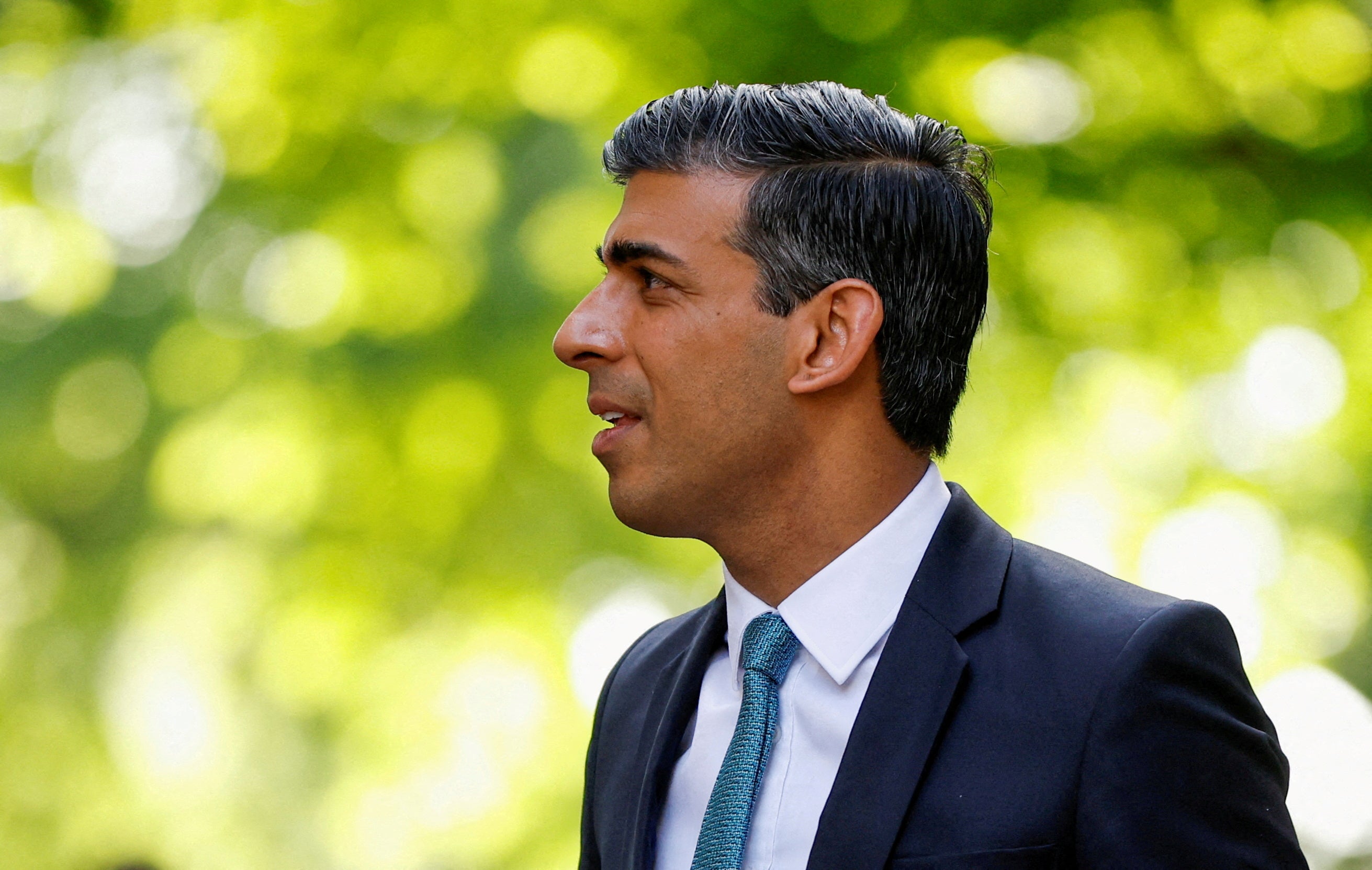What can the government do about the cost of living?
If you are going to tighten monetary policy, as we are by increasing interest rates, you should be very careful not to over-tighten fiscal policy by increasing taxes, writes Hamish McRae


The cost of living crisis has become political. Governments may not be responsible for inflation itself, but they are certainly responsible for their response to it. And in the UK that response has been weak. Inflation on the consumer price index measure is 9 per cent, while on the traditional retail price index it is 11.1 per cent. That is higher than the US, where it is 8.6 per cent, and the eurozone average of 7.4 per cent.
A survey by the Office for National Statistics on Friday confirmed that 77 per cent of British people are worried about the situation. So what happens next?
For a start, interest rates will rise more swiftly than expected even a few days ago. This is a seismic global shift. On Friday, the publication of the US inflation figure pushed up market interest rates there, with the two-year rate jumping above 3 per cent for the first time since 2008. The European Central Bank signalled on Thursday that its rates would rise in the autumn, and that led to a surge in market interest rates for the euro-denominated government securities.
For example, German 10-year bonds went above 1.5 per cent, still very low but the highest since 2014. As for the UK, the Bank of England is expected to increase rates at its next Monetary Policy Committee meeting this Thursday.
So there is a largely unified global movement towards higher interest rates. But there are three problems. One is that the lags between movements in interest rates and inflation are uncertain, but probably at least a year, maybe longer. So what the central banks are doing now will have little effect until well into 2023.
The second is that monetary policy has zero impact on one of the main drivers of the current burst of inflation, the war in Ukraine. And the third is that putting up interest rates initially affects asset prices – shares fell sharply on Friday – not current prices.
The policy of higher interest rates is almost certainly right. We know from the 1970s how inflation can get out of control, and how divisive that can be in both economic and social terms. But that does not help people get through this autumn. So the focus shifts to government.
Governments have one main lever. They can’t change global food or energy prices, though they can to some extent push supermarkets and energy suppliers to limit increases. A number of European countries have intervened in one way or another in the energy market. However, their big weapon is their taxing and spending power. If they spend money to increase benefits, that can compensate the people hardest hit. If they cut taxes, that has a direct impact on prices.
Take road fuel in the UK. According to the RAC, some 45 per cent of the price of petrol and diesel is tax – a combination of excise duty and VAT. So the chancellor could in theory cut the price from its current level of just under £2 a litre to not much more than £1. In practice, however, the Treasury needs the revenue. So other things being equal, some other tax would have to go up, or some element of spending would have to come down, or the government would have to borrow more. The challenge for Rishi Sunak is to balance these objectives. He is not rising to that challenge very well.
My colleague John Rentoul unpicked the cost of living plan the chancellor launched last month, arguing that he was ripping up the other plan he had announced two months earlier and was instead adopting the ideas of his Labour shadow, Rachel Reeves. The trouble is that even this revised version now looks inadequate. Taxes are going up to the highest level relative to GDP since the late 1940s.
To keep up to speed with all the latest opinions and comment, sign up to our free weekly Voices Dispatches newsletter by clicking here
I don’t want to get into the politics of all this. I simply want to make the economic point that if you are going to tighten monetary policy, as we are by increasing interest rates, you should be very careful not to over-tighten fiscal policy by increasing taxes.
Actually, tax revenues have been very strong this financial year. In April, the revenue received was £69.3bn, £10.8bn higher than in April last year. You can have a debate about how much leeway this gives Sunak, given that borrowing costs on the national debt are going up, too, but there is clearly some scope to cut taxes and/or help families more.
There is a further twist. Economics are not just about numbers. They are about people and about confidence. Sunak’s bold interventions during the pandemic helped to support confidence, but now he seems to have lost his intuitive touch for what voters need. People are frightened, and rightly so. If he cannot help rebuild his reputation for competence, I suspect it will be someone else who does the job.
Join our commenting forum
Join thought-provoking conversations, follow other Independent readers and see their replies
Comments
Bookmark popover
Removed from bookmarks